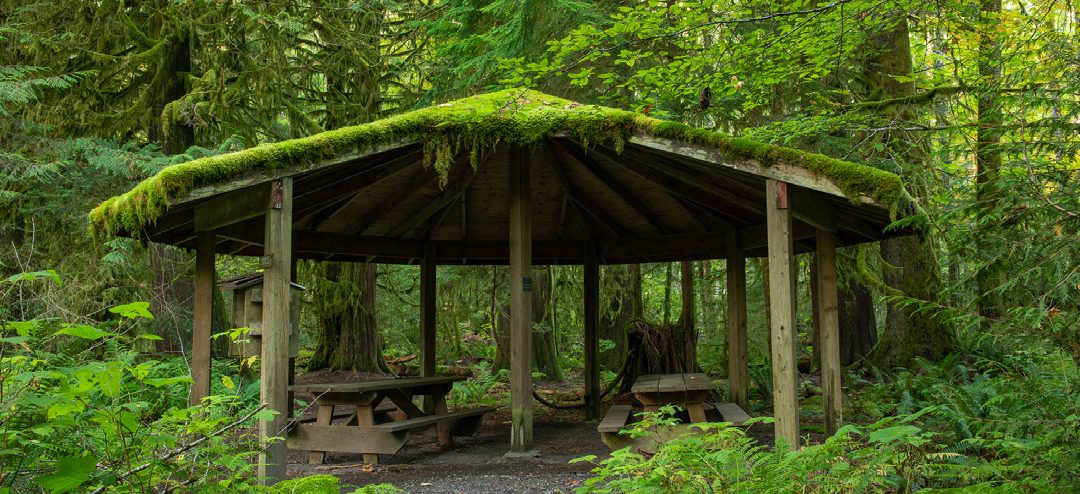Curious about place-based education? Want to explore how the notion of place matters to your students, your curriculum and your discipline?
“Place-based education (PBE) immerses students in local heritage, cultures, landscapes, opportunities and experiences, using these as a foundation for the study of language arts, mathematics, social studies, science and other subjects across the curriculum. PBE emphasizes learning through participation in service projects for the local school and/or community.” Center for Place-Based Learning and Community Engagement
“Place-based education provides a mechanism with which to re-invigorate and restore the importance of “the local in [a] globalized world” (Baldwin et. al, 2017, p. 17)
We are excited to invite faculty to join us on a one day field trip to the Cheakamus Centre on June 7th for in inquiry into place-based education.
We have 25 spots for faculty, which will be filled on a first-come, first serve basis.
Check out our flyer and Click here to apply now.
The Cheakamus Centre is the North Van School district outdoor school, which offers indigenous cultural, nature-based and environmental programs tied to the new BC curriculum. Recognizing that place-based education so far has made few inroads into post-secondary institutions (Baldwin et al, 2017, pp. 15-17), CTE has partnered with the Cheakamus Centre to deliver an educator workshop specifically for CapU instructors to explore how place may matter for teaching and learning at CapU in our various disciplines.
Workshop Goals:
- Explore and experience a range of different approaches to place-based learning
- Deepen understanding of place-based approaches within a post-secondary context
- Share successes and extend personal professional practice of place-based inquiry
- Identify opportunities for developing place-based learning networks
Your inquiry could include (but is not limited to) topics such as:
- What are some ways to “take my students outside” and align this with the curriculum I’m teaching (especially when outdoor, environmental education and “place” as a theoretical concept is not part of my curriculum)?
- How might being in nature and connecting with place support and increase my students engagement and well-being?
- How could an assignment grounded in “the local” support student learning?
- How is place relevant to our international students and their learning journey at CapU?
- In which ways could CapU’s locations and position as a regional university open up more opportunities for place based learning?
- How could assignments rooted in place engage and connect students in interdisciplinary work and reflection?
- Why does place matter in higher education?
- What can we learn from the way cultural, nature-based and outdoor programs are tied into the new K-12 curriculum?
- How does a place-based approach differ from a land-based pedagogy?
- What role does “place” have in decolonizing and indigenizing the curriculum?
- What’s our responsibility to “place” when it comes to climate change, biodiversity and sustainable ways to live on this planet?
9:00 AM – 9:15 AM Arrival
9:30 AM – 9:45 AM Welcome & Orientation
9:45 AM – 10:45 AM Outdoor Sessions #1
10:45 AM – 11:00 AM Nourishment Break
11:00 AM – 12:00 PM Outdoor Sessions #2
12:00 PM – 1:00 PM Lunch
1:00 PM – 2:30 PM Dialogue and Connections
2:30 PM – 3:00 PM Closing
Once participants are confirmed, we will coordinate car-pooling.
References:
Center for Place-Based Learning and Community Engagement
Baldwin et. al, 2017


Recent Comments